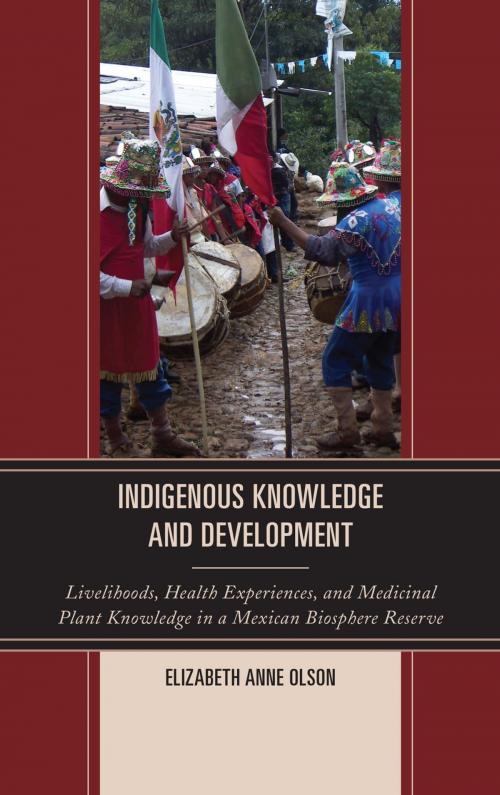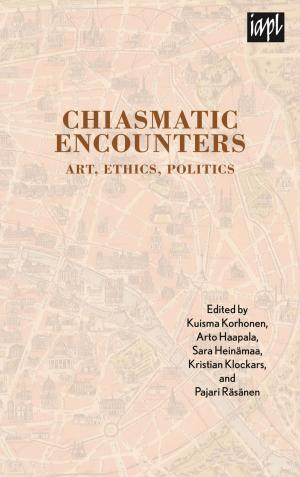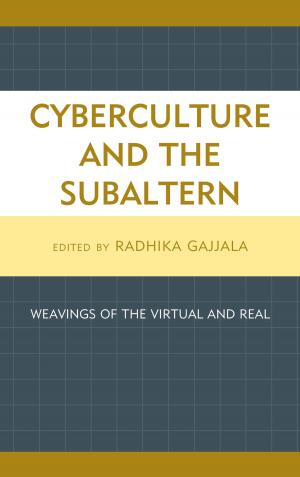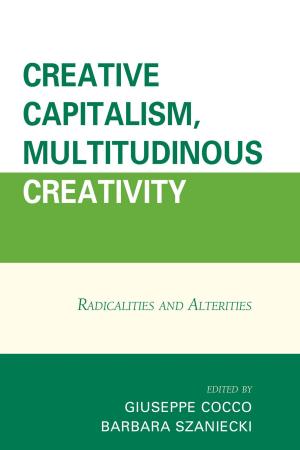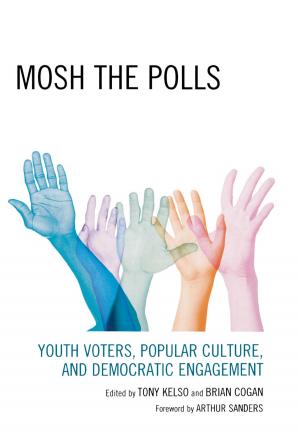Indigenous Knowledge and Development
Livelihoods, Health Experiences, and Medicinal Plant Knowledge in a Mexican Biosphere Reserve
Nonfiction, Health & Well Being, Health, Alternative & Holistic Health, Herbal Medications, History, Americas, Mexico, Social & Cultural Studies, Social Science, Anthropology| Author: | Elizabeth Anne Olson | ISBN: | 9780739176641 |
| Publisher: | Lexington Books | Publication: | February 21, 2014 |
| Imprint: | Lexington Books | Language: | English |
| Author: | Elizabeth Anne Olson |
| ISBN: | 9780739176641 |
| Publisher: | Lexington Books |
| Publication: | February 21, 2014 |
| Imprint: | Lexington Books |
| Language: | English |
Indigenous Knowledge and Development: Livelihoods, Health Experiences, and Medicinal Plant Knowledge in a Mexican Biosphere Reserve provides an ethnographic account of a group of indigenous people living in a natural resource protected area in west central Mexico. The political, economic, and social history of these indigenous Nahua people is related to their cultural knowledge. As an anthropological study, the analysis presented in this book is based on household level socioeconomic data and cultural knowledge measured through the use of both structured and semi-structured interviews. The study presented here moves back and forth between the macro- and micro- to explore the relationships between three central axes—health, livelihood and cultural knowledge. The Sierra of Manantlán Biosphere Reserve is the fieldsite where this study was carried out during 2007 and 2008. This Reserve is governed by explicit goals of cultural and natural resource preservation. Exhaustive household censuses give a comprehensive view of livelihood activities, and individual health experiences are measured using a structured interview. Demonstrated through the economic activity profiles present in the study sample, the indigenous people in the Reserve subsist through low-intensity agriculture, animal husbandry, and paid labor. Political histories of Mexico and the Reserve, specifically, continually shape subsistence strategies and the agrarian communities. Medical pluralism and the health profile in Mexico influence the local-level health status and access to health care services in the Reserve, demonstrated by the persistence of medicinal plant knowledge. The interviews with medicinal plant experts and biomedical practitioners are used to illustrate the spectrum of opinions regarding usage of medicinal plants across the three study communities in the Reserve. Significantly, there is neither a direct nor linear relationship between the loss of cultural knowledge and increasing modernity. This research contributes to ethnographic knowledge about conservation and cultural heritage on protected areas in Mexico.
Indigenous Knowledge and Development: Livelihoods, Health Experiences, and Medicinal Plant Knowledge in a Mexican Biosphere Reserve provides an ethnographic account of a group of indigenous people living in a natural resource protected area in west central Mexico. The political, economic, and social history of these indigenous Nahua people is related to their cultural knowledge. As an anthropological study, the analysis presented in this book is based on household level socioeconomic data and cultural knowledge measured through the use of both structured and semi-structured interviews. The study presented here moves back and forth between the macro- and micro- to explore the relationships between three central axes—health, livelihood and cultural knowledge. The Sierra of Manantlán Biosphere Reserve is the fieldsite where this study was carried out during 2007 and 2008. This Reserve is governed by explicit goals of cultural and natural resource preservation. Exhaustive household censuses give a comprehensive view of livelihood activities, and individual health experiences are measured using a structured interview. Demonstrated through the economic activity profiles present in the study sample, the indigenous people in the Reserve subsist through low-intensity agriculture, animal husbandry, and paid labor. Political histories of Mexico and the Reserve, specifically, continually shape subsistence strategies and the agrarian communities. Medical pluralism and the health profile in Mexico influence the local-level health status and access to health care services in the Reserve, demonstrated by the persistence of medicinal plant knowledge. The interviews with medicinal plant experts and biomedical practitioners are used to illustrate the spectrum of opinions regarding usage of medicinal plants across the three study communities in the Reserve. Significantly, there is neither a direct nor linear relationship between the loss of cultural knowledge and increasing modernity. This research contributes to ethnographic knowledge about conservation and cultural heritage on protected areas in Mexico.
